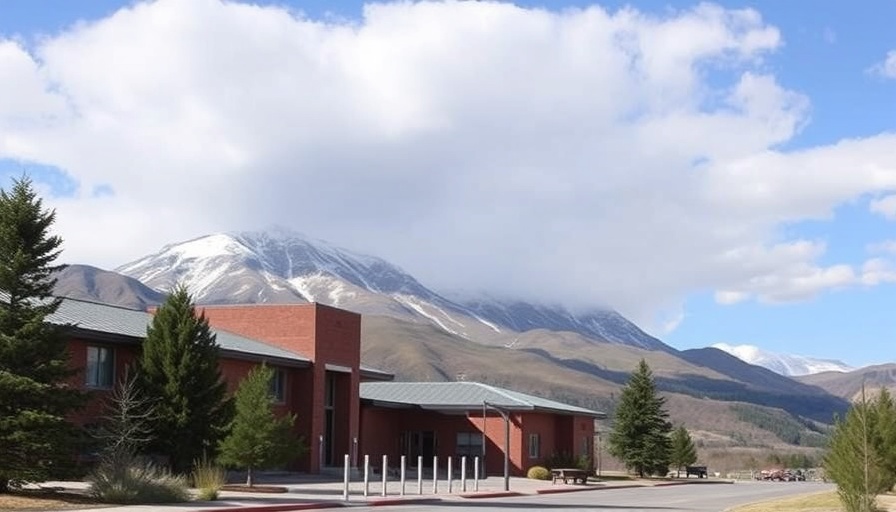
Understanding the Importance of Open Meeting Laws
Open Meeting Laws are crucial for upholding transparency in local government operations. They allow the public to scrutinize the actions of governmental bodies, enhancing accountability and trust between citizens and their elected representatives. This legal framework is designed to ensure that decisions affecting the community are made openly and without deception.
High Stakes for School Boards: The Cotopaxi Case
The case against the Cotopaxi School District underscores the heated debate surrounding the enforcement of Open Meeting Laws. The school board's alleged failure to adequately inform the public about discussions taking place in executive sessions is not merely a technicality; it touches upon the rights of community members to be informed about critical decisions, particularly those involving taxpayer money and local education initiatives.
Lessons Learned: Educating Local Governments
This lawsuit serves as a reminder for all local governments and school boards about the necessity of clear and specific agenda items for executive sessions. The requirement to define the matters at hand ensures that citizens are not kept in the dark, fostering a culture of transparency and public engagement. By adhering to these laws, boards can avoid missteps that lead to legal action and community distrust.
Community Reactions: Voices from Cotopaxi
The community's response to the lawsuit reflects growing concerns over transparency in governance. Parents and citizens have expressed frustration at the lack of clarity surrounding school board meetings. They feel that the board should prioritize open dialogue and fuller disclosure of its actions, especially regarding decisions that impact their children.
The Role of Private Citizens in Ensuring Accountability
Matt Roane's role as a ‘private attorney general’ sheds light on the unique position of citizens in the enforcement of the Open Meetings Law. Unlike many states where officials may oversee compliance, Colorado relies on its citizens to take action against violations. This citizen-led approach, while empowering, can also put a significant burden on individuals willing to hold public officials accountable.
Beyond Cotopaxi: Broader Implications for Colorado
The implications of this case extend beyond the Cotopaxi School District, as similar legal challenges could arise elsewhere in Colorado if local governments do not prioritize compliance with Open Meeting Laws. The outcome could set a precedent that encourages increased vigilance among citizens and may lead to a reevaluation of how other districts conduct their business.
Future Trends: Ensuring Transparent Governance
As scrutiny of local governance intensifies, schools and government bodies may need to implement more robust training programs regarding compliance with transparency laws. Furthermore, technological solutions such as live-streaming meetings or providing detailed agendas online could help bridge the gap between officials and the community, ensuring that discussions remain open and accessible to all.
Conclusion: The Need for Vigilance
The ongoing developments around Cotopaxi School District serve as a crucial reminder of the importance of transparency in governance. As residents and taxpayers, it is essential to remain vigilant and informed. Understanding your rights under the Open Meeting Law can empower you to engage with your local government more effectively.
 Add Row
Add Row  Add
Add 




 Add Row
Add Row  Add
Add 

Write A Comment